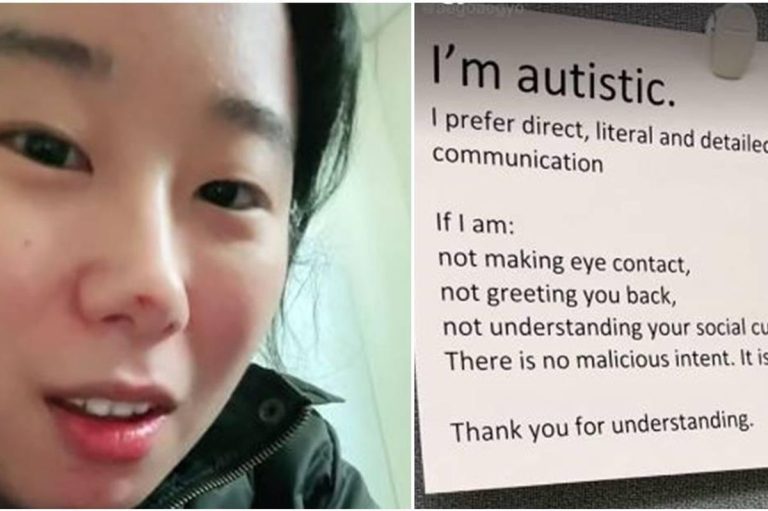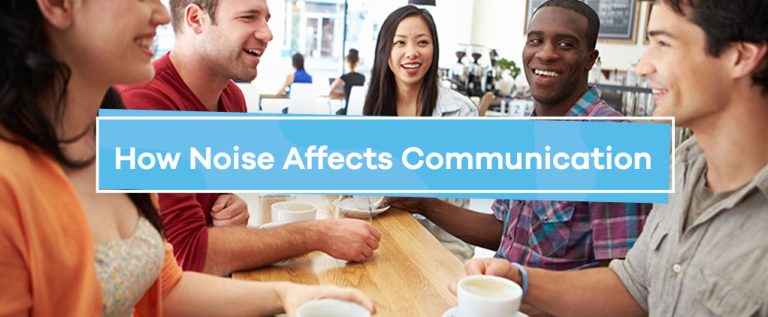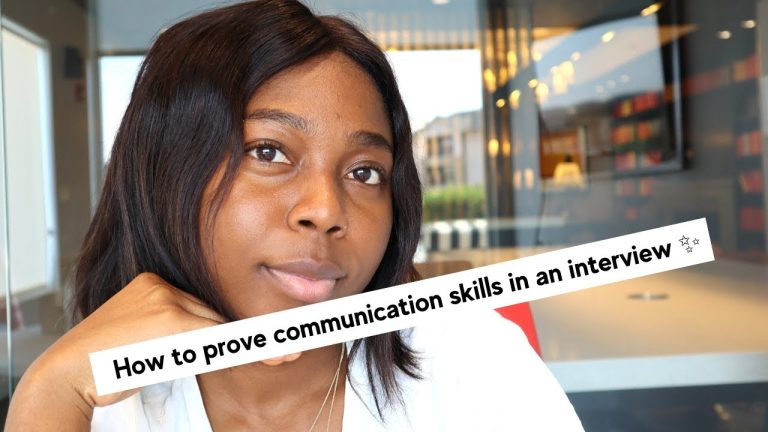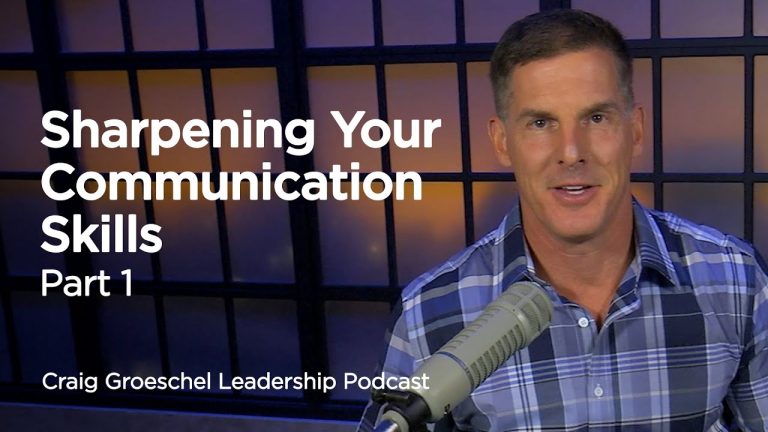Communication Methods When Your Partner Shuts Down: Effective Strategies
Every relationship faces challenges. One common issue is when a partner shuts down.
This can leave you feeling confused and helpless. Understanding how to communicate in these moments is crucial. When a partner closes off, it might feel like you’re talking to a wall. Their silence can be frustrating, leaving you unsure of what to do next.
But remember, this behavior often signals deeper feelings or issues. Finding effective ways to bridge this gap can strengthen your bond. You don’t need complex strategies or expert advice to start with. Simple, empathetic communication can make a significant difference. This blog will explore practical methods to help you connect. Whether it’s through words, actions, or even silence, there are ways to open the lines of communication again. Let’s dive into these methods and help you reconnect with your partner.
Recognizing The Signs
Understanding your partner’s communication style is crucial in a relationship. Sometimes, partners shut down and stop communicating. Recognizing the signs can help you address the issue early. This involves observing changes in their behavior and responses.
Emotional Withdrawal
Emotional withdrawal is a key sign of shutting down. Your partner may seem distant or uninterested. They might avoid sharing their feelings or thoughts. Conversations may become less frequent and lack depth. You may notice a lack of enthusiasm in their voice. Emotional withdrawal can make you feel disconnected.
Physical Cues
Physical cues provide insights into your partner’s state of mind. Watch for changes in body language. They might avoid eye contact or turn away. Their posture could be closed off, like crossed arms. Notice if they seem restless or fidgety. These cues can signal discomfort or unease.
:max_bytes(150000):strip_icc()/Coping-when-your-spouse-shuts-down-4097175-static-65b4caec49b84e578a2e29a74e0a390b.png)
Credit: www.verywellmind.com
Creating A Safe Space
Creating a safe space involves understanding communication methods when your partner shuts down. Encourage open dialogue by listening actively. Use gentle, non-judgmental words to invite them to share their feelings.
When your partner shuts down, it can be frustrating and confusing. Creating a safe space for communication is crucial to bridging this gap. It’s about ensuring both partners feel comfortable to express themselves without fear. ###Non-judgmental Environment
A non-judgmental environment is the cornerstone of a safe space. It’s essential to listen without immediately jumping to conclusions or criticisms. I remember a time when my partner hesitated to share a concern, fearing judgment. When I reassured them of my openness, it transformed our dialogue. Imagine how differently conversations might flow if you approach them with understanding rather than judgment. What if you made it clear that every concern is valid? ###Open-ended Questions
Open-ended questions can be powerful tools in communication. They encourage your partner to share more and feel heard. Instead of asking, “Are you upset?”, try, “What’s been on your mind lately?” A friend once shared how this technique revived their stagnant conversations. It’s remarkable how a simple shift in questioning can open doors to deeper understanding. Why not try replacing yes/no questions with ones that invite detailed responses? How might this change the dynamic of your discussions?Using Active Listening
Active listening helps when your partner shuts down. Focus on their words, show empathy, and avoid interrupting. This creates a safe space for open communication and understanding.
Using Active Listening When your partner shuts down during conversations, it can be frustrating and confusing. Instead of pushing harder or feeling defeated, try using active listening to open up communication channels. Active listening is more than just hearing words; it’s about understanding and responding thoughtfully. Active listening involves focusing entirely on what your partner is saying. It’s about putting aside your own thoughts and really paying attention. This can help your partner feel heard and understood. It can also reveal underlying issues that need addressing. Consider a time when you felt truly listened to. How did it change your perspective or feelings? By actively listening, you show your partner that their thoughts and emotions matter. ###Reflective Responses
Reflective responses are a powerful tool in active listening. They demonstrate that you are engaged and processing what your partner is saying. Instead of simply nodding, try rephrasing their words. This can help both of you ensure mutual understanding. For instance, if your partner says, “I feel overwhelmed,” you might respond, “It sounds like you’re feeling a lot of pressure right now.” Reflective responses can encourage your partner to open up more. They show that you are genuinely interested in their perspective. Next time your partner shares their thoughts, reflect back what you hear. Do you notice a shift in their openness or willingness to communicate? ###Validating Feelings
Validating your partner’s feelings is crucial in active listening. It involves acknowledging their emotions without judgment. You might say, “I understand that you’re feeling upset,” or “It’s okay to feel frustrated.” These simple acknowledgments can make a world of difference. They show empathy and create a safe space for your partner to express themselves. Validation isn’t about agreeing or disagreeing; it’s about recognizing emotions as real and important. Think about the last time you felt validated. Did it make you feel more secure in your relationship? Try validating your partner’s feelings, and see if it fosters more open dialogue. Active listening, with reflective responses and validation, can transform how you communicate with your partner. It’s about creating an environment where both of you feel heard and understood. Wouldn’t it be wonderful if your partner felt safe enough to share their deepest thoughts and feelings with you?Timing Your Approach
When your partner shuts down, timing your approach can be crucial. Approaching them at the right moment can open doors for understanding and healing. It’s about finding that delicate balance between waiting and acting.
Choosing The Right Moment
Consider when your partner is most receptive. Think about their usual routines and moods. Are they more relaxed in the morning or after dinner?
Finding the right moment may need some trial and error. Observe and learn from past interactions. You might notice patterns in their behavior that can guide you.
Imagine a time when you felt overwhelmed. Would you have appreciated someone approaching you at that moment? Use that empathy to choose the right time for your partner.
Avoiding High-stress Times
Recognize when stress levels are high. Perhaps after a long day at work or during a busy weekend. These moments might not be ideal for deep conversations.
Consider your partner’s stress triggers. Are there specific events or tasks that seem to cause frustration? Avoid these times to minimize conflict.
Sometimes, waiting for a calm moment can make all the difference. It’s not about delaying the conversation indefinitely but choosing a time when you both can engage positively.
Think about the last time you felt stressed. Would a serious talk have helped or hindered your mood? This reflection can help you approach your partner more effectively.
Seeking Professional Help
When your partner shuts down, communication can become challenging. Seeking professional help can be a valuable step. A therapist can provide guidance and strategies to improve communication. They offer a neutral space to express feelings and work through issues. This section explores the benefits of counseling and how to find the right therapist.
Benefits Of Counseling
Counseling offers a safe environment to talk openly. It helps partners understand each other’s perspectives. Therapists teach skills to express emotions healthily. They can help break down barriers in communication. Regular sessions can improve relationship dynamics. Counseling can also reduce stress and anxiety in relationships.
Finding The Right Therapist
Choosing the right therapist is crucial. Look for someone with experience in relationship counseling. Consider their approach and methods. You should feel comfortable and understood in sessions. Check their qualifications and reviews. Try an initial session to see if it’s a good fit. Don’t hesitate to switch if it’s not working.

Credit: www.marriage.com

Credit: fountain.fm
Frequently Asked Questions
How To Talk To A Partner Who Shuts Down?
Approach with empathy and patience. Choose a calm moment to express your feelings. Encourage open communication by asking gentle questions. Listen actively without interrupting. Suggest professional help if necessary.
How Do You Communicate With A Closed Off Partner?
Communicate with a closed-off partner by actively listening and expressing empathy. Share your feelings openly and honestly. Encourage dialogue by asking open-ended questions. Create a safe and non-judgmental environment. Patience and understanding can help build trust and openness over time.
How To Communicate With A Partner Who Withdraws?
Approach your partner gently and express your feelings openly. Use “I” statements to avoid blame. Practice active listening to understand their perspective. Encourage open dialogue and reassure them of your support. Seek professional help if communication remains challenging.
Conclusion
Building strong communication is crucial for healthy relationships. When your partner shuts down, stay patient and empathetic. Listen actively and acknowledge their feelings. Use simple words and ask gentle questions. This can create a safe space for conversation. Be present and show you care.
Avoid blaming or raising your voice. Encourage openness by sharing your thoughts too. Remember, every relationship has its ups and downs. Addressing these issues can make your bond stronger. Practice patience and kindness. Over time, communication will improve. A little effort goes a long way in understanding each other better.





